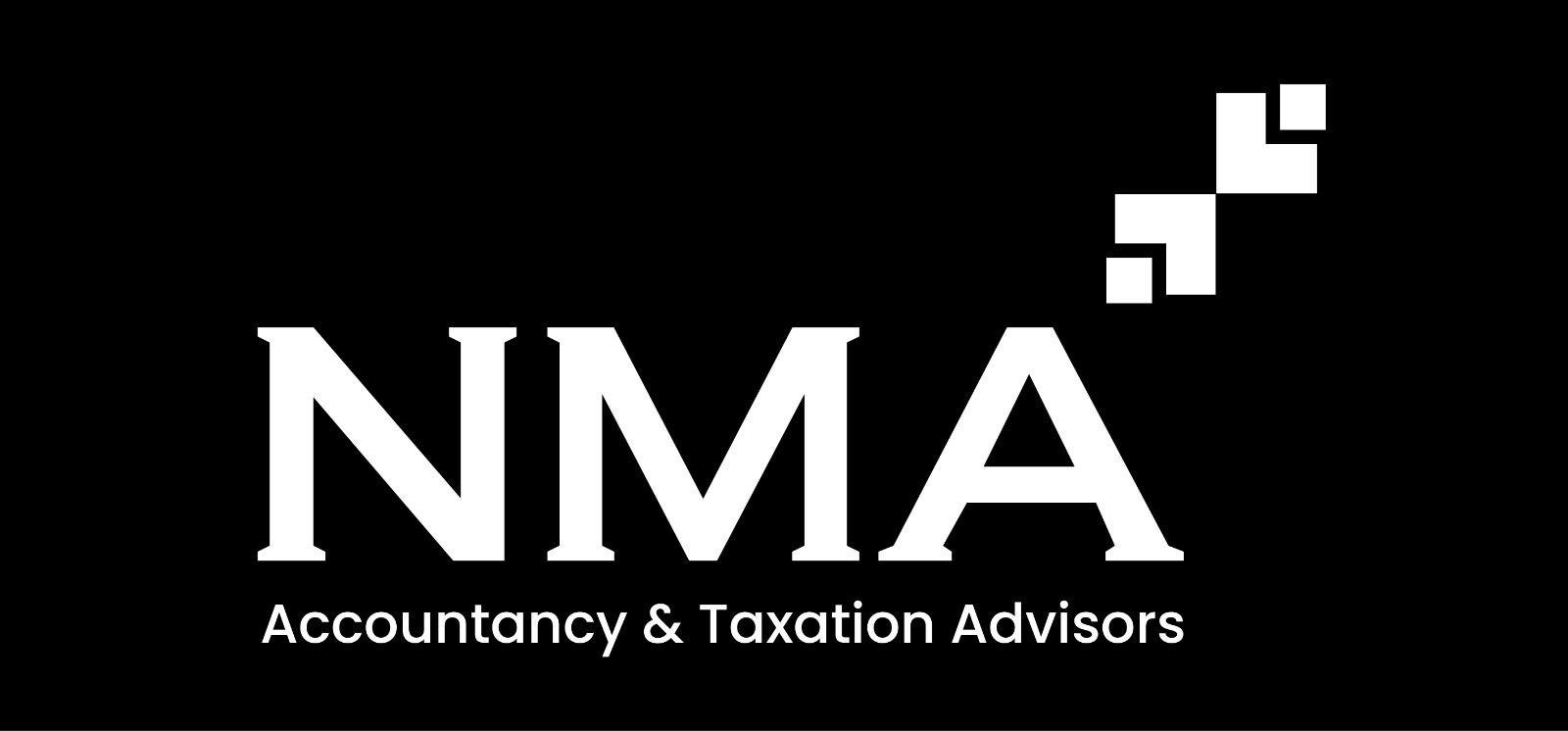
Understanding UK Tax on Foreign Income
If you live in the UK and earn income from abroad, you might need to pay UK tax on that income. Navigating these tax obligations can be confusing, so it’s important to understand the rules about foreign income taxation, reporting requirements, and how to avoid double taxation.
In this blog, we’ll break down what you need to know about paying UK tax on foreign income, including how residency status affects your tax liabilities, and how to report your earnings to HMRC.
What Is Considered Foreign Income?
Foreign income can come from a variety of sources, such as:
- Wages from overseas work
- Income from renting out property abroad
- Earnings from foreign investments, like savings interest or dividends
- Pensions from overseas funds
If you’re a UK resident earning foreign income, you’ll typically need to report it to HM Revenue & Customs (HMRC) using a self-assessment tax return.
UK Residency and Tax Obligations
Your residency status in the UK determines your tax responsibilities:
- UK Residents: You usually pay UK tax on all income, whether earned domestically or internationally. However, there are special rules if your permanent home, or “domicile,” is abroad.
- Non-UK Residents: You pay UK tax only on income earned within the UK, not on foreign income.
Determining UK Residency
You are considered a UK resident if:
- You spend 183 days or more in the UK during the tax year (6th April to 5th April the following year).
- Your only home was in the UK for at least 91 consecutive days, and you visited or stayed there for at least 30 days of the tax year.
- You worked full-time in the UK for at least 365 days, with at least one of those days falling within the current tax year.
If your situation changes during the tax year, it’s important to notify HMRC. You may only be taxed on UK income, depending on your residency status. If you’re unsure, consulting a qualified accountant like those at NMA Accountancy & Taxation Advisors can provide clarity and assistance.
Tax Implications for UK Residents
As a UK resident, you’re taxed on both UK and foreign income. How much tax you pay depends on:
- Your income above the Personal Allowance
- Which tax bands your income falls into
To report foreign income, you typically use a Self Assessment tax return. You’ll need to fill out the supplementary SA106 pages for income and gains from overseas sources.
Foreign Income Taxed Differently
Some foreign income types have special tax rules, such as:
- Pensions
- Rent from overseas property
- Certain employment income
Double Taxation and Relief
If your income is taxed in more than one country, you might be able to claim tax relief to avoid being taxed twice. You may need to apply for a certificate of residence to prove your eligibility for relief.
- Claim Tax Relief: Apply in the country where your income originates if required by a double taxation agreement.
- Foreign Tax Credit Relief: Claim this when filing your tax return if you’ve already paid foreign tax. The amount depends on the UK’s agreement with the foreign country.
Tax for Non-Domiciled Residents
If your permanent home is outside the UK, you might not have to pay UK tax on foreign income. Here are the guidelines:
- Foreign Income Under £2,000: If you earn less than £2,000 abroad and keep it outside the UK, you generally won’t pay UK tax on it.
- Foreign Income Over £2,000: Report this income on your Self Assessment tax return. You can either pay UK tax or claim the remittance basis, where you pay tax only on what you bring into the UK.
From April 2025, new rules for non-domiciled individuals will change how foreign income is taxed. It’s advisable to seek professional advice from a tax expert to understand these changes and how they apply to you.
Dual Residents
You might be considered a resident in both the UK and another country. In such cases, check the other country’s residency rules and any double taxation agreements. Professional advice from tax advisors like NMA Accountancy & Taxation Advisors can help you navigate these complexities.
Students and Tax
If you’re a foreign student working in the UK, some double taxation agreements might exempt you from UK income tax on your earnings while studying. However, if no such agreement exists, you’ll pay tax like other UK residents.
Capital Gains Tax (CGT)
You usually pay CGT in your country of residence, but if you sell UK residential property, you’ll need to pay CGT regardless of your residency status.
Summary
Understanding your tax obligations when earning foreign income can be complex. Reporting foreign earnings correctly on your UK self-assessment tax return is crucial to avoiding penalties. If you’re unsure about your situation, getting advice from professionals like NMA Accountancy & Taxation Advisors can help simplify the process and ensure compliance.




